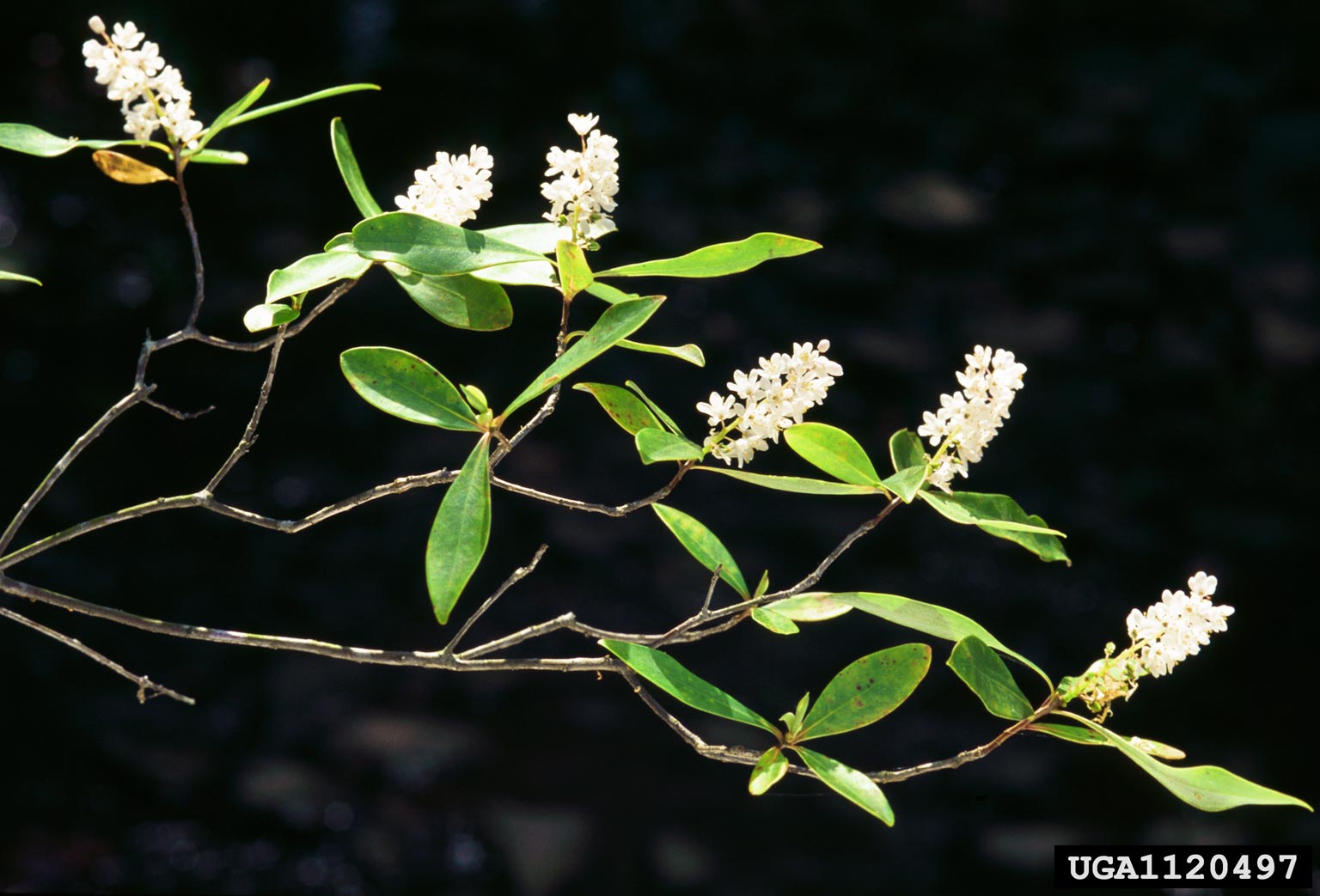Spring Titi And Bees – Does Spring Titi Nectar Help Bees


Sign up for the Gardening Know How newsletter today and receive a free copy of our e-book "How to Grow Delicious Tomatoes".
You are now subscribed
Your newsletter sign-up was successful
What is spring titi? Spring titi (Cliftonia monophylla) is a shrubby plant that produces lovely, pinkish white blooms between March and June, depending on the climate. It is also known by names such as buckwheat tree, ironwood, cliftonia, or black titi tree.
Although spring titi makes a lovely plant for home landscapes, you may be concerned about spring titi nectar and bees. There is no reason for worry; spring titi and bees get along just fine.
Read on for more spring titi information and learn more about spring titi and bees.
Spring Titi Information
Spring titi is native to the warm, tropical climates of the southeastern United States, as well as parts of Mexico and South America. It is especially abundant in wet, acidic soil. It isn’t suitable for growing north of USDA plant hardiness zone 8b.
If you’re concerned about spring titi and bees, you’re probably thinking of summer titi (Cyrilla racemiflora), also known as red titi, swamp cyrilla, leatherwood, or swamp titi. Although bees love the sweet blooms of summer titi, the nectar can cause purple brood, a condition that turns the larvae purple or blue. The condition is deadly and may also affect pupae and adult bees.
Fortunately, purple brood isn’t widespread, but it is considered a serious problem for beekeepers in certain areas, including South Carolina, Mississippi, Georgia, and Florida. Although it isn’t common, titi purple brood has been found in other areas, including southwest Texas.
Spring Titi and Bees
Spring titi is an important honey plant. Beekeepers love spring titi because the generous production of nectar and pollen make wonderful, medium-dark honey. Butterflies and other pollinators are also attracted to the fragrant blooms.
Sign up for the Gardening Know How newsletter today and receive a free copy of our e-book "How to Grow Delicious Tomatoes".
If you aren’t sure if the plants in your area are bee-friendly or if you’re planting the most appropriate type of titi in your garden, contact the local beekeeper’s association, or call your local cooperative extension office for advice.

A Credentialed Garden Writer, Mary H. Dyer was with Gardening Know How in the very beginning, publishing articles as early as 2007.